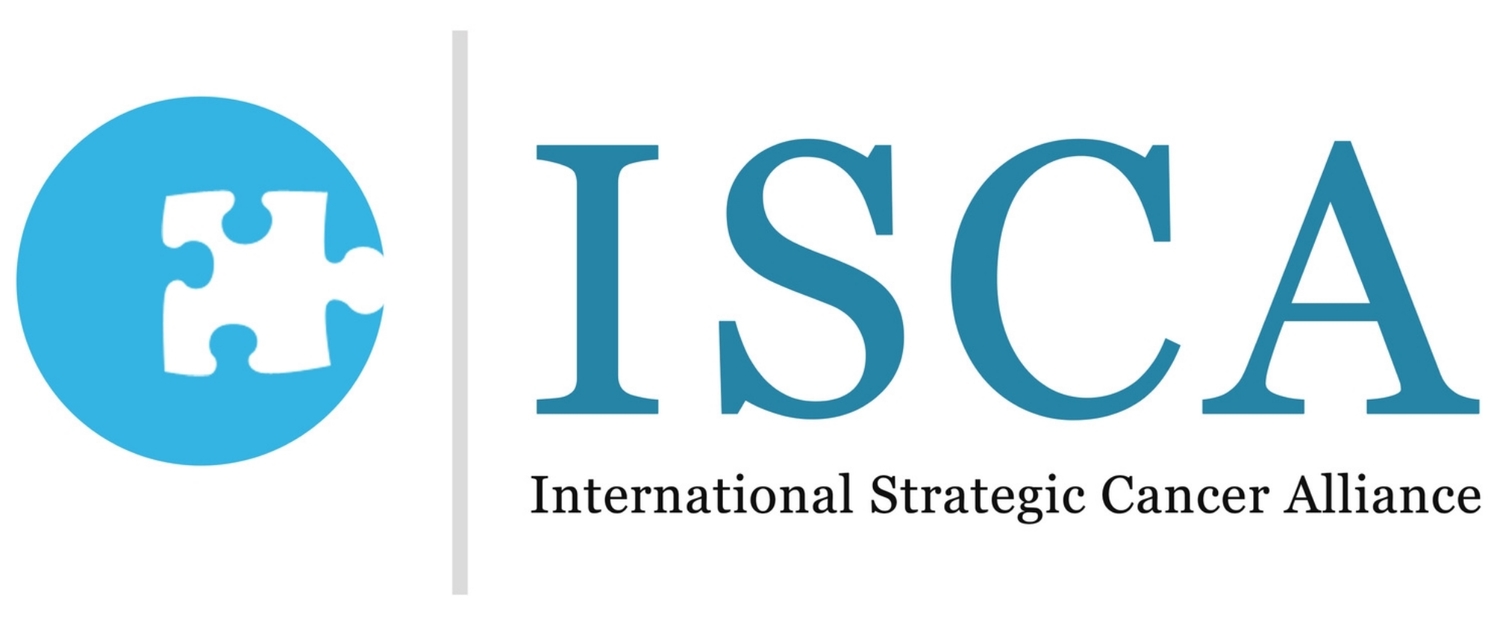M. D. Anderson Study First to Evaluate Prevalence, Impact of Off Label Chemotherapy in Breast CancerDrugs not always approved for reimbursement, despite shown to be efficacious
[ABSTRACT #1016]
ORLANDO – At some point during their care, more than one-third of metastatic breast cancer patients receive chemotherapy off label, the legal use of FDA-approved drugs in a different indication than for which they were approved, according to researchers at The University of Texas M. D. Anderson Cancer Center.
The study, to be presented in a poster discussion at the American Society of Clinical Oncology’s upcoming annual meeting, is the first to evaluate the prevalence and impact of off label therapies in breast cancer. According to Sharon Giordano, M.D., associate professor in M. D. Anderson’s Department of Breast Medical Oncology, the only other study looking at off label chemotherapies and their prevalence was conducted almost 20 years ago by the US General Accounting Office, and evaluated their use in cancer overall.
After rigorous clinical trials for safety and efficacy, drugs are approved by the FDA for use in a specific population and limited indication – metastatic breast cancer patients, in the front line setting, for example. However, once a drug is approved, physicians can prescribe it as they find appropriate.
While the use of chemotherapies off their FDA label is known to be common practice in the management of breast and other cancers, before now, there’s been little research to quantify the use of off label chemotherapy agents and their impact, said Giordano.
“Off labels run a dramatic spectrum – sometimes there’s strong evidence that the use of a particular drug in a specific setting is efficacious, but perhaps the drug company has not gone through the regulatory process of getting an indication. In contrast, some uses of off label drugs that are completely inappropriate and may put patients at risk,” explained Giordano, the study’s senior author.
The issue also is controversial because off label therapies are often not approved by Medicare and/or insurance companies, even when shown to be effective in clinical trials, said Giordano.
Giordano and her researchers used the National Cancer Institute’s Surveillance, Epidemiology and End Results (SEER) database, the premier population-based cancer registry representing 26 percent of the country’s population, to identify 2,082 women older than 65 diagnosed with metastatic breast cancer between 1991 and 2002. To evaluate the appropriateness of off label drugs prescribed, the researchers referenced a specific drug compendium, DRUGDEX.
The researchers found that 34.9 percent of the women were treated with off label chemotherapy at some point during their care. Of the 36 chemotherapy agents identified to treat these patients, 8 (22 percent) were FDA-approved for use in breast cancer. However, while 71 percent of the drugs used off label lacked supporting evidence for their use in breast cancer, these drugs were used in a relatively small number of patients – 6.7 percent of the women received off label drugs considered medically inappropriate for use in treatment of breast cancer.
The most common off label chemotherapies noted were vinorelbine (approved for lung cancer), and gemcitabine (approved for pancreatic cancer), with 16 percent and 8.4 percent of the patients receiving these agents, respectively. Both of these agents have shown efficacy in the treatment of metastatic breast cancer, said Giordano. Gemcitabine has been subsequently approved for breast cancer when given in combination with paclitaxel.
As the study focused on women older than 65 - and physicians tend to be more conservative in treating their older patients – Giordano feels that her findings may underestimate the use of off labels across the breast cancer treatment pendulum.
Although commonly used in breast cancer, off label drugs are a greater necessity, and present a bigger dilemma for rare cancers, said Giordano. While perhaps a drug is shown to be efficacious in smaller Phase II clinical trials, conducting large Phase III trials in rare tumors is much more difficult, and thereby of less cost-benefit to drug companies. As a follow-up to this study, Giordano plans to look at off label use across a variety of tumor types and stages of cancer. She also intends to review their use in younger breast cancer patients.
“I think our study represents a very difficult and relevant policy issue that will soon need to be addressed. For all cancers, it’s important to try and strike a balance between having insurance coverage and access to appropriate, potentially life-saving off label drugs and protecting patients from being treated with therapies that haven’t been shown to be efficacious,” said Giordano.
In addition to Giordano, other authors on the all M. D. Anderson study include: Gabriel Hortobagyi, M.D., professor and chair of the Department of Breast Medical Oncology: Shenying Fang, also of the Department of Breast Medical Oncology; Wendy Dean-Colomb, M.D., fellow and the study’s first author; Laura Michaud, Ph.D., PharmD; and Wendy Smith, PharmD, both of the Department of Pharmacy Clinical Programs.
Sharon Giordano, M.D.
FOR IMMEDIATE RELEASE
Date: May 14, 2009
Contact: Laura Sussman
713-745-2457
lsussman@mdanderson.org

